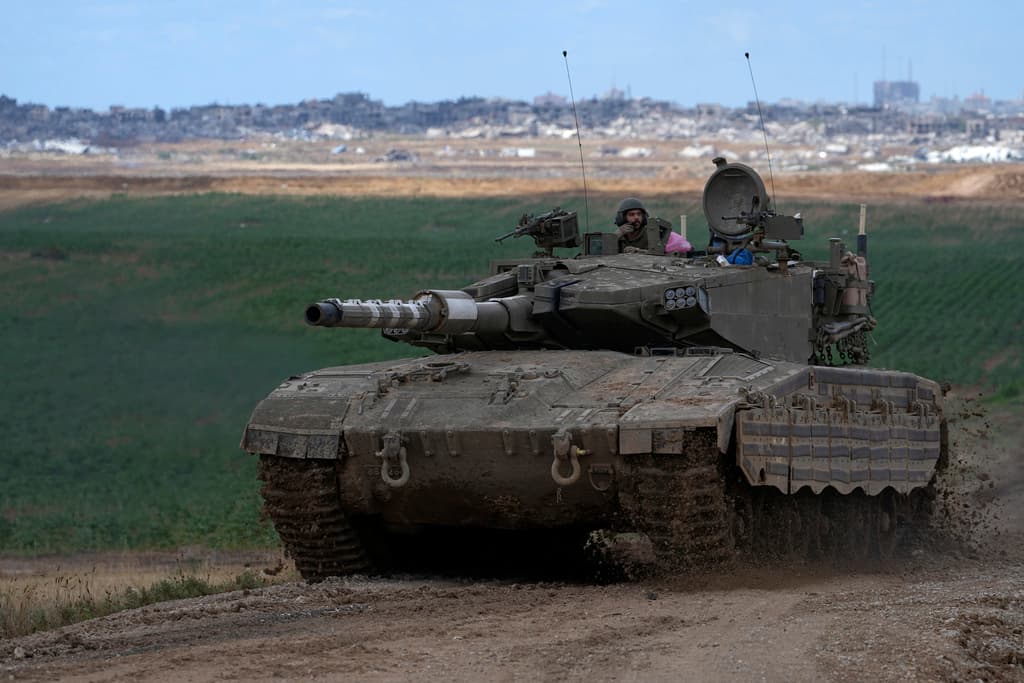
Can Trump Hope for a Useful Agreement With Iran?
By THE NEW YORK SUN
|Was the pact offered by Qatar and Egypt behind Israel’s back? It’s a day of high tension and nerves.

Already have a subscription? Sign in to continue reading
$0.01/day for 60 days
Cancel anytime
By continuing you agree to our Privacy Policy and Terms of Service.

By THE NEW YORK SUN
|
By MATTHEW RICE
|
By MATTHEW RICE
|
By GEORGE WILLIS
|
By LUKE FUNK
|
By SALENA ZITO
|
By DANIEL McCARTHY
|
By JOSEPH CURL
|